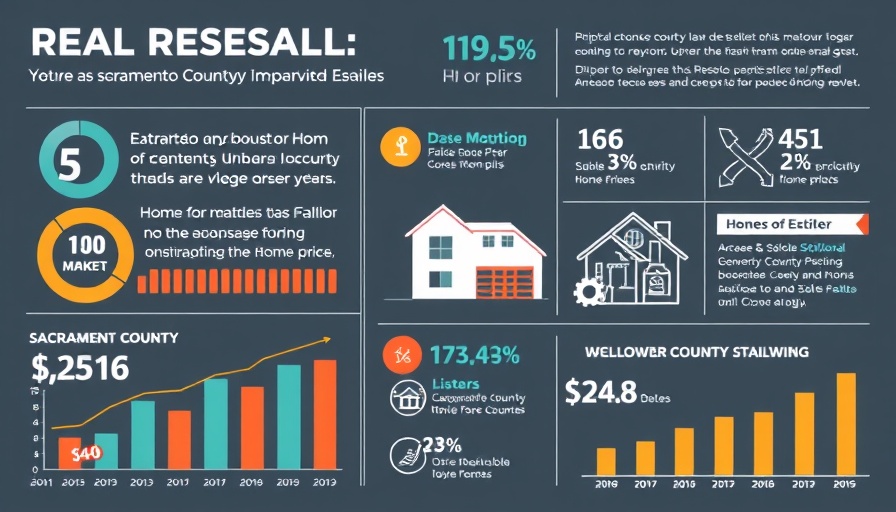
Understanding Manufactured Homes: An Affordable Path to Ownership
If you find yourself unable to make the leap into traditional homeownership, manufactured homes present an enticing alternative. As homes constructed in factories and then assembled on-site, these properties offer spaciousness and customization without the overwhelming costs often associated with conventional housing. But, is investing in a manufactured home truly a wise financial decision?
Advantages of Manufactured Homes: Accessibility and Customization
Manufactured homes are tailor-made for budget-conscious buyers. With modern advancements, these homes now feature a variety of customizable options, from flooring to countertop materials. For first-time buyers or families seeking space without spiraling into debt, they emerge as a compelling alternative. Furthermore, in a market where real estate prices are continually rising, manufactured homes can seem like a logical choice.
The Investment Perspective: Building Equity
However, the query remains: are manufactured homes a good investment? Unlike traditional homes, manufactured homes might not provide the same level of equity-building potential. One reason is the limited financing options available, with many buyers facing higher interest rates due to a smaller pool of lenders willing to finance these types of properties. Despite this, maintaining your manufactured home can lead to increased value, especially when appealing features are incorporated.
Market Dynamics: Selling Your Manufactured Home
On the subject of future resale, yes, you can sell your manufactured home. The market for these homes typically includes investors looking to increase their rental portfolio, as well as buyers interested in a comfortable, single-story living arrangement. By ensuring your property is well-kept and strategically marketed, you can maximize potential profits from your investment.
Identifying Challenges: The Financing Concern
The process of securing financing for manufactured homes can indeed be a stumbling block. Many banks shy away from offering traditional home loans for these properties, compelling buyers to explore alternative funding options such as personal loans, which could carry higher interest rates. This issue often affects the overall financial viability of investing in manufactured homes.
The Bigger Picture: Comparing with Traditional Homes
While manufactured homes present unique benefits, they will have pros and cons compared to traditional stick-built homes. A research report by the National Association of Realtors indicates that traditional homes generally appreciate at a higher rate, which can significantly impact long-term financial strategies. However, for those who prioritize affordability and immediate livability, manufactured homes are a serious contender.
The Future: Predictions and Trends in Homeownership
As we look to the future, the increasing demand for affordable housing solutions could mean growing acceptance of manufactured homes as legitimate dwellings. As societal norms shift, potential buyers may come to view these homes not as a fallback option, but as a viable investment strategy.
Conclusion: Is It Right for You?
In summary, while manufactured homes may not be ideal for everyone, they certainly provide an opportunity for individuals and families looking to step into homeownership amid rising market prices. Whether you want a family home or an investment property, understanding manufactured homes allows you to make informed decisions. If you have a manufactured home you wish to sell or seek more information, consider contacting local experts like California Family Homebuyers, who can guide you in navigating this unique segment of the real estate market.
 Add Row
Add Row  Add
Add 




 Add Row
Add Row  Add
Add 
Write A Comment